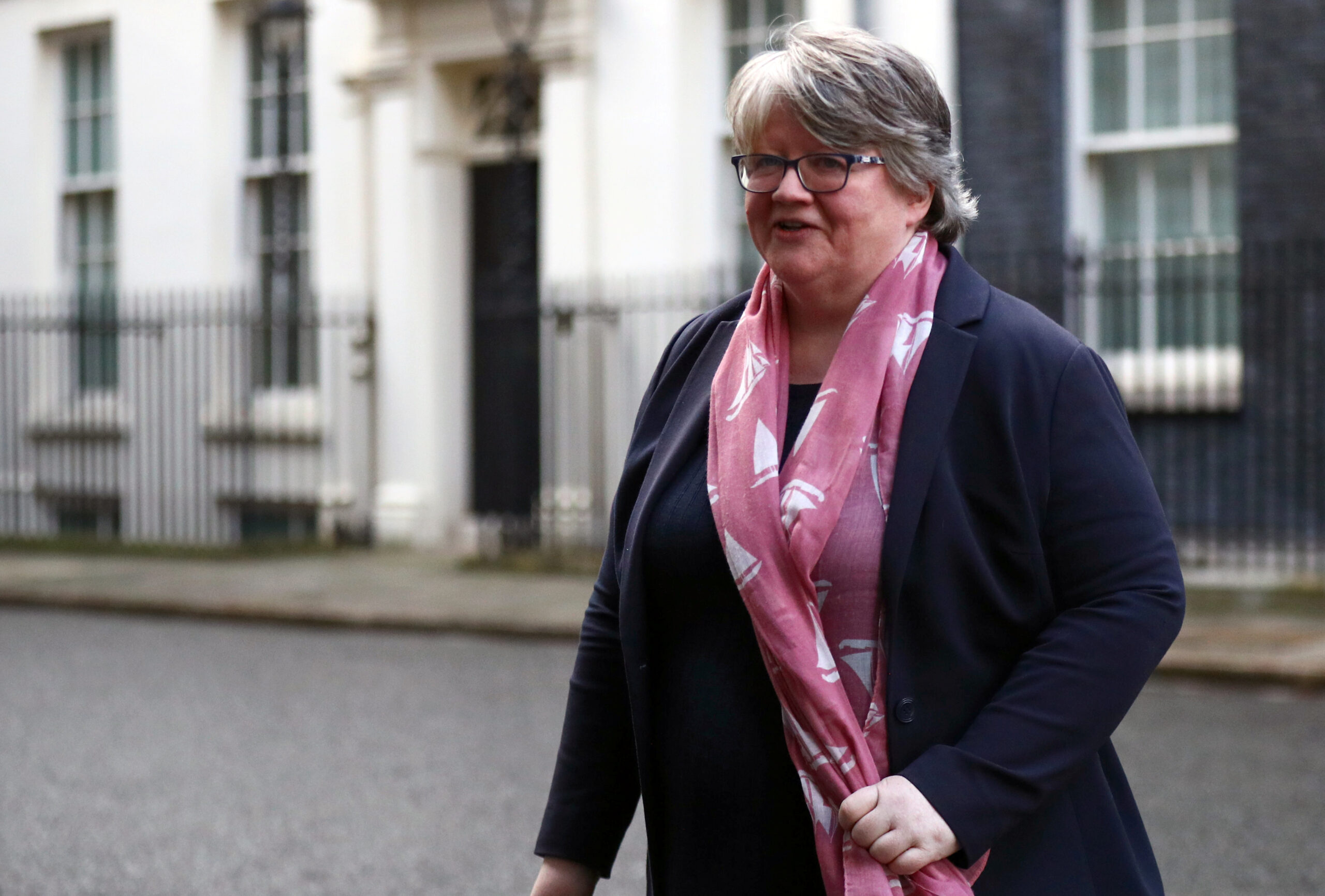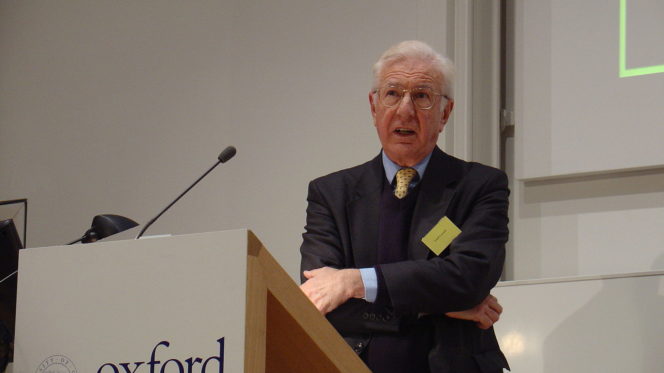The Government’s New Mental Health Funding Will Be Spent on ‘Helping’ Depressed People Into Work
The Tories are scapegoating mental health claimants for their own lack of policy.
by Jay Watts
14 October 2022

On World Mental Health Day this week, the government showed everyone what and whom it values when it announced £122 million is to be invested in 700 new employment advisors. These advisors are to work alongside therapists in Improving Access to Psychological Therapies (IAPT) services and are the only new spending for a mental health service on its knees. Routinely now, there is not one psychiatric bed available in the country, with high-risk, desperate patients often off-rolled to the GP and more than a million people on waiting lists for specialist mental healthcare.
The government will tell you that plunging scarce mental health money into an employment push makes financial sense, but nothing – let me repeat, nothing – saves money more than good healthcare, as a multitude of cost-benefit analyses show us. Give us funding – real funding – please, but for the wards, therapists, crisis houses and the specialist autism and eating disorder units we so desperately need, not employment advisors.
Give someone early intervention and reduce later bed days, and we’re on to not just an ethical but a financial winner. Ensure people are discharged only when they are ready, and we save vast amounts by reducing the likelihood of more costly relapses. These arguments are nothing compared to the moral position we must take. To willfully fund employment advisors when mums are sitting outside their children’s bedrooms on suicide watch, when trauma therapy can mean a five-year wait and when specialist placements lack specialist experts, is nothing more than sinister.
Truss’s government attempts to justify funding employment advisors rather than healthcare providers by not only ignoring more solid evidence but cherry-picking which data it uses to present the case for work. The idea that work is good for us is deeply problematic. In one study, sociologists monitored 1116 unemployed British adults. As anyone sensible might assume, people who found a good job had improved mental health. The stressful, insecure, badly paid, unstable jobs we see mushrooming under the zero-hours economy, though, not only failed to improve mental health but produced chronic stress over many years as measured by physiological biomarkers. Poor quality work quite literally gets into our blood.
Of course, structure and meaningful activity can be beneficial, but DWP policy interferes with this rather than enables it, as the press release postures. Consider voluntary work. People with psychiatric problems have always held up an alternative infrastructure to society, an alternative safety net, often pioneering new charities and forms of help. Volunteering is structurally far easier to pick up and put down as the vicissitudes of mental ill-health allow, but the benefits such work provides both individuals and society are near impossible today. Why? Well, DWP policy conflates the possibility of doing something sometimes with the capacity always to do it. This fundamentally misrecognises mental ill-health and ups the risks that work coaches will misread those with psychiatric problems as ‘job ready’ if they volunteer. Anyone familiar with the benefits system knows the moment this happens, one is under extreme pressure to work or face sanctions that mean you may not be able to heat your home or feed your kids. Under such a suspicious regime – for the DWP encourages its workers to presume fraudulence rather than assume good intent – volunteering is often just too dangerous. DWP policy shrinks the lives that benefits claimants can live, with devastating mental health consequences.
We have been here before. In 2010, the then government started introducing carrot-and-stick policies to get benefits claimants back to work with an explicit focus on disabled claimants. The groundwork for this had been laid a few years earlier when work had become thinkable as a health outcome – the work cure. In 2006, Lord Richard Layard used economic gain as a rationale for offering CBT to the masses. Save money by getting people back to work by reducing depression, he argued. The resultant programme, Improving Access to Psychological Therapies, has undoubtedly helped many but led to massive fallout. The sheer numbers treated at the mild to moderate end has turned funders’ attention away from those with severe mental ill-health, whose needs are increasingly neglected, as well as fuelling the Thatcherite fantasy everyone can and should work to live their full, meaningful life as a unit of productivity. By 2016, the DWP was aiming to place therapists in job centres, health and wealth inextricably linked in its attempts to realise Thatcher’s 1981 assertion: “Economics are the method: the object is to change the soul.”
The work cure’s PR was only dampened by the relentless activism of disability-led groups such as Disabled People Against Cuts, Mental Health Resistance Network and Recovery in the Bin, and their professional allies, who insisted that mental health organisations distance themselves from the agenda of a fundamentally untrustworthy DWP. Their lobbying, and related factors, led to a softening of public attitudes to claimants that started just before the pandemic and was strengthened in the Covid-19 years when our fundamental vulnerability became pressingly obvious to even the most privileged.
The Truss government announcement threatens to top even Osborne-era ideology. It suggests a resurgence of the striver/skiver discourse that equates worklessness with worthlessness, with those in pain only valuable if they show constant job readiness. We know this ideology kills people, as the Deaths by Welfare project shows us so clearly. Yet home secretary Suella Braverman’s dangerous citation of “benefits street culture” culture’ shows us the Tories risk making mental health claimants scapegoats for their own lack of proper policy yet again.
We wouldn’t put funding back-to-work programmes for cancer patients above chemotherapy. We should not do similar for mental health. Work is not a health outcome.
Jay Watts is a psychiatric survivor, activist and consultant clinical psychologist.


